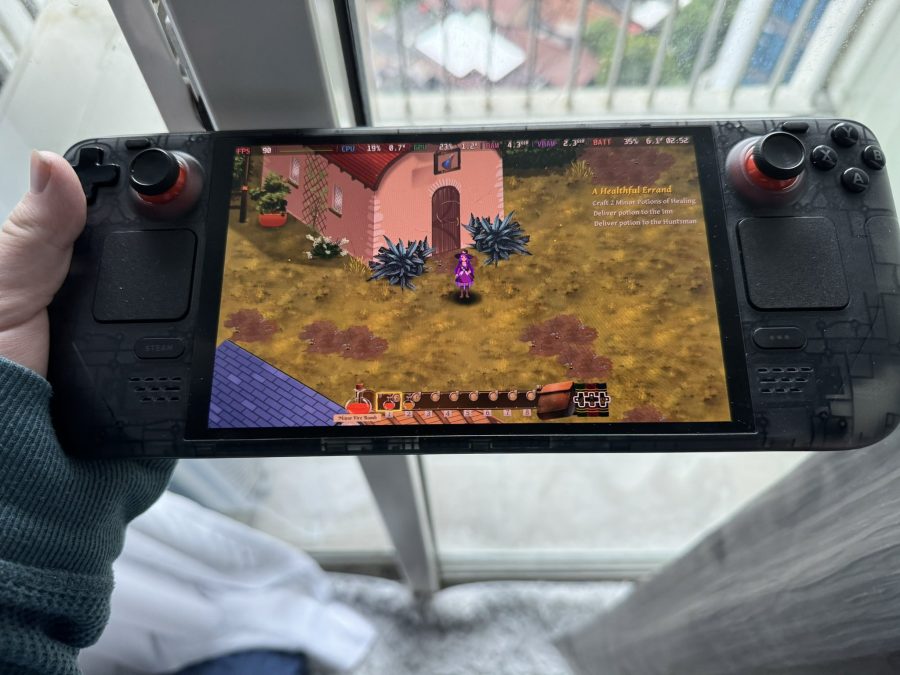Steam Deck OLED has displayed a slight burn-in effect at 1500 hours, or 750 hours at maximum HDR brightness, reports TechSpot.
The report advised users set to clock up 1000 hours of single game time, on titles containing static UI elements, to pay attention to the possible impact of burn-in, and to take measures to mitigate the issue.
One quick fix to stop the onset of burn-in is to reduce the use of HDR as well as to turn down brightness as much as possible.
What is burn-in?
The burn-in effect is when the most used pixels on the screen burn out leaving a ‘ghost image’ on the screen, of frequently displayed graphics. It happens when a still image is left on an OLED panel for too long, after extensive play on a device.
How does Steam Deck burn-in compare to rival devices?
Can burn-in be totally avoided? Not unless you are going to refrain from sustained gaming.
That isn’t an option so what is being done about it? Manufacturers are increasingly evolving their products to meet challenges and this one is pertinent to gaming. Although there has been progress in reducing burn-in on OLED screens, it is an inherent issue.
In testing such devices, YouTubers such as Wulff Den and The Phawx have reported Valve’s handheld gaming device will start to show image retention difficulty after around 1000 to 1500 hours of use.
By comparison, the Nintendo Switch OLED took approximately 3600 hours of gameplay to show minor burn-in.
Some will say this is more than twice the time of its competitor, but it is not exactly a like-for-like case.
Many Steam Deck handsets will take longer to display any burn-in with its capacity of 1000 nits peak brightness, or at 600 for reduced SDR play. This performs favourably to the Switch OLED with its output of 350 nits for brightness which will clearly take longer for the pixels to fade.
Image credit: SteamDeckHQ/X


















